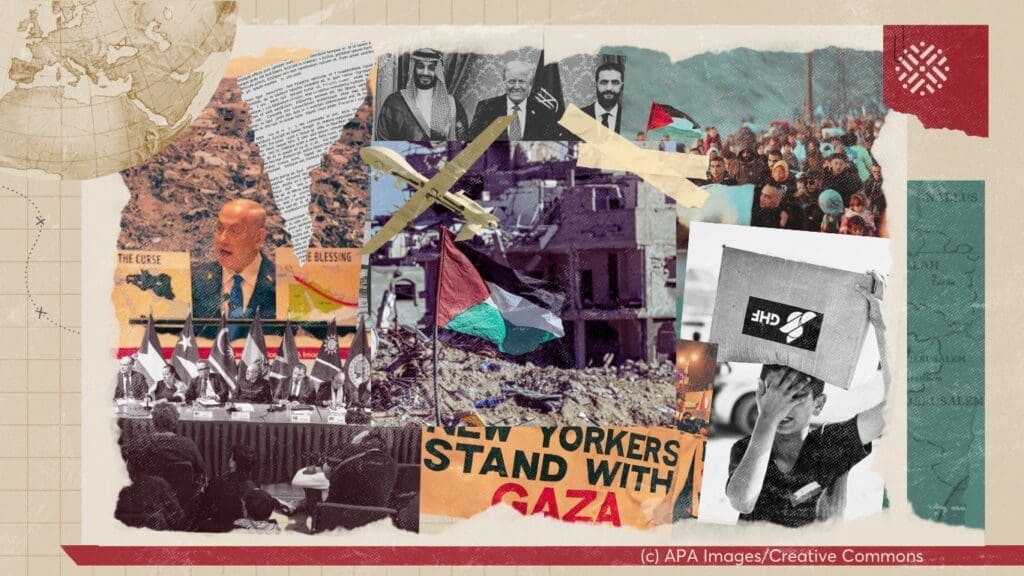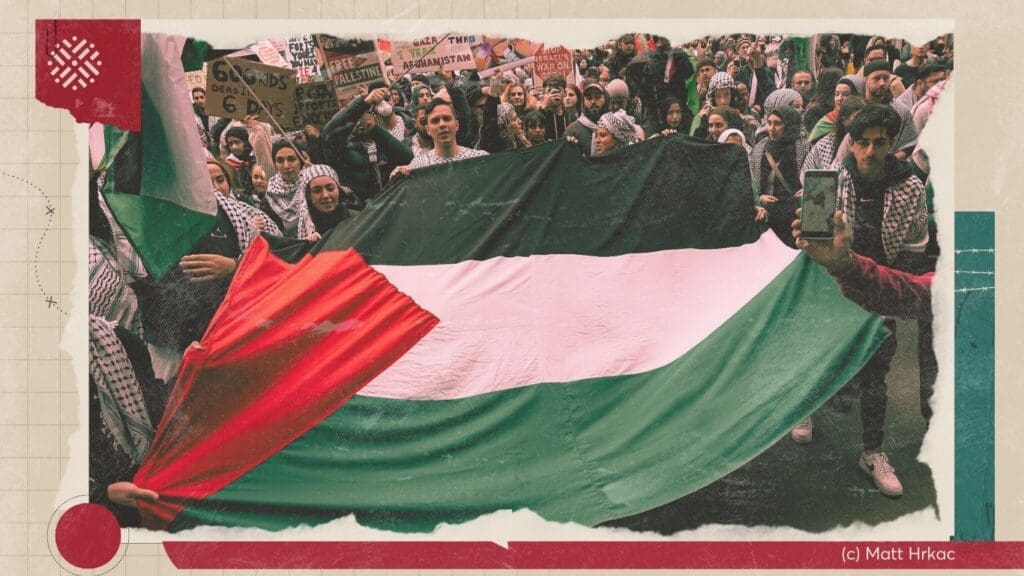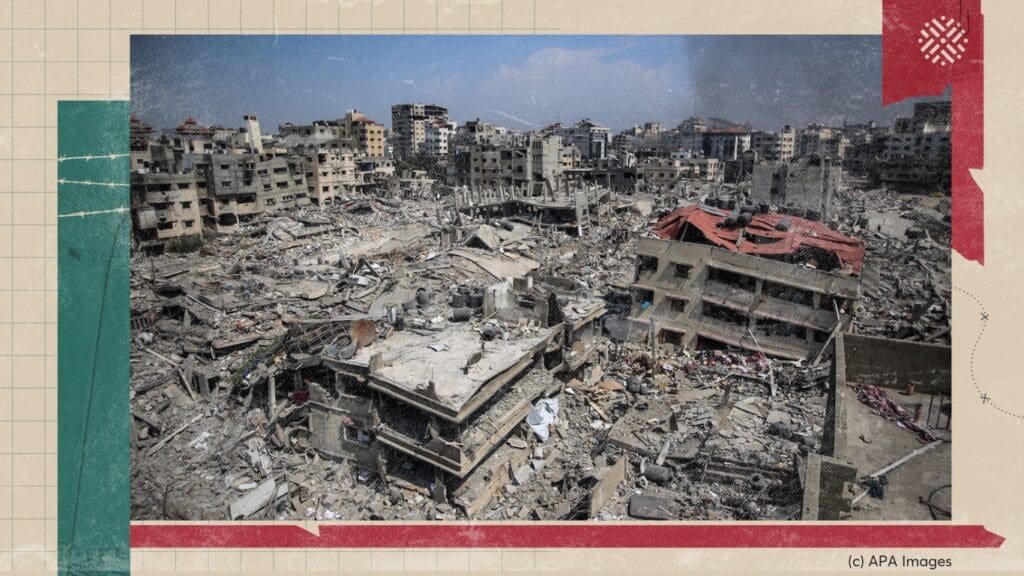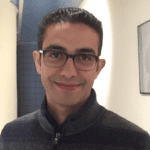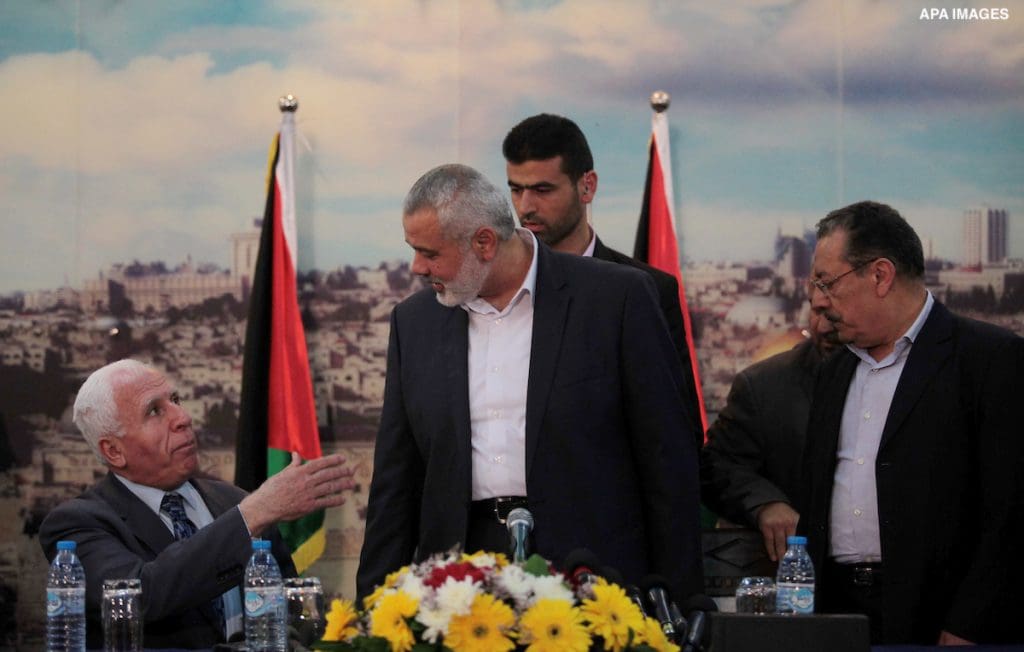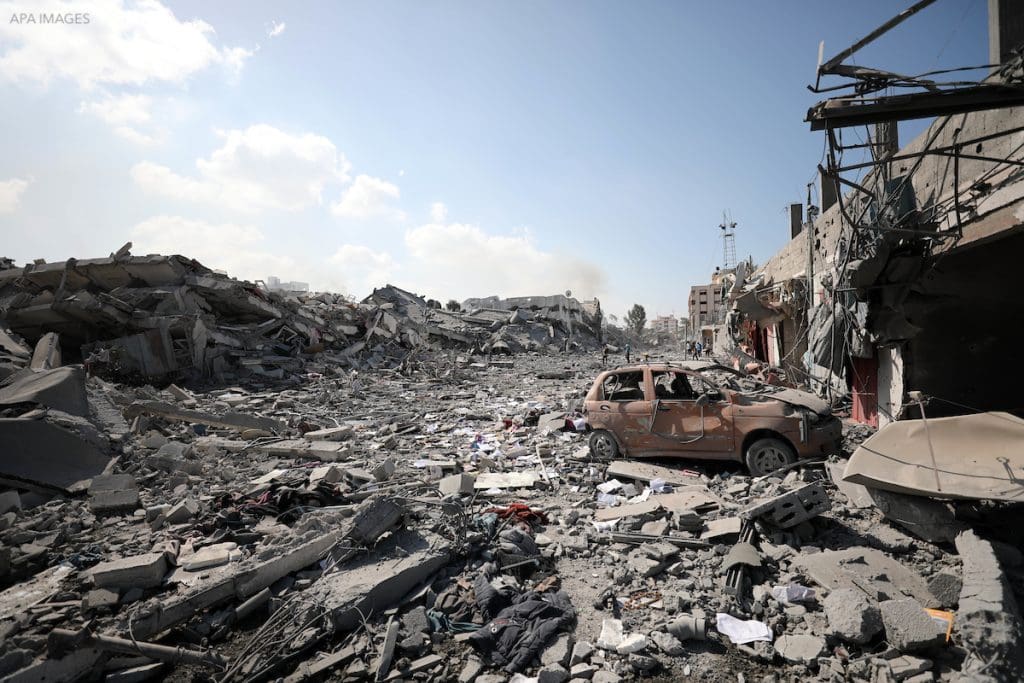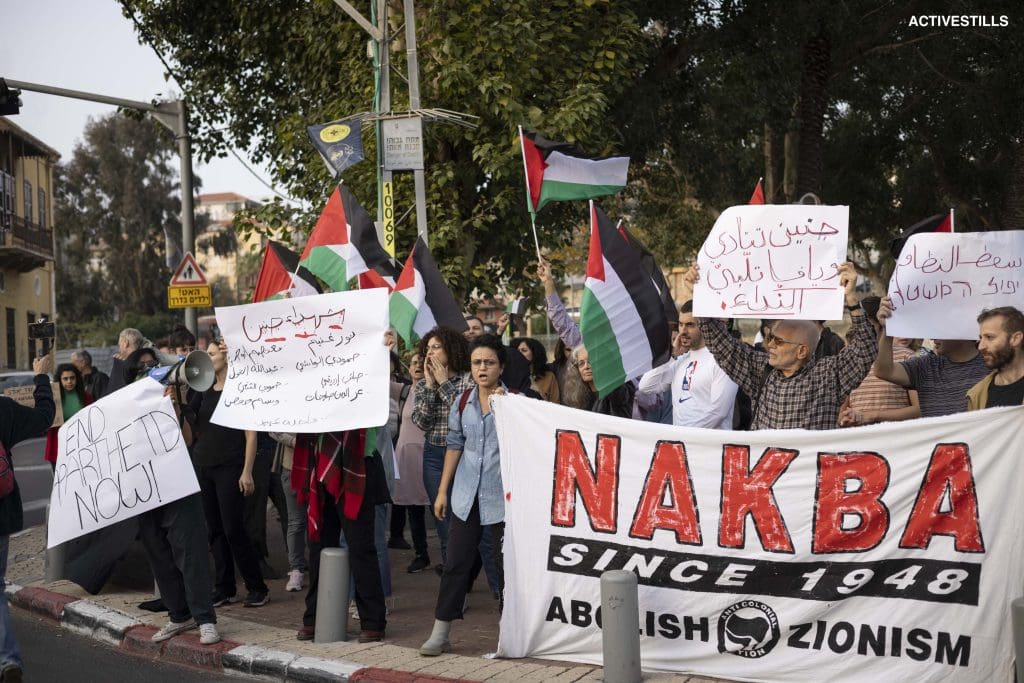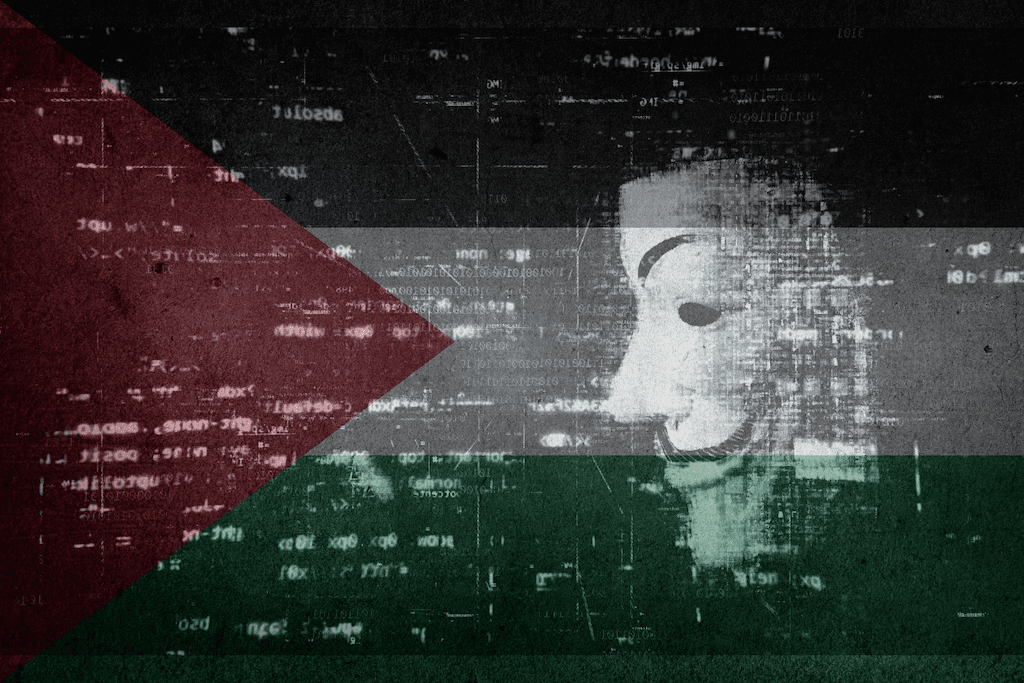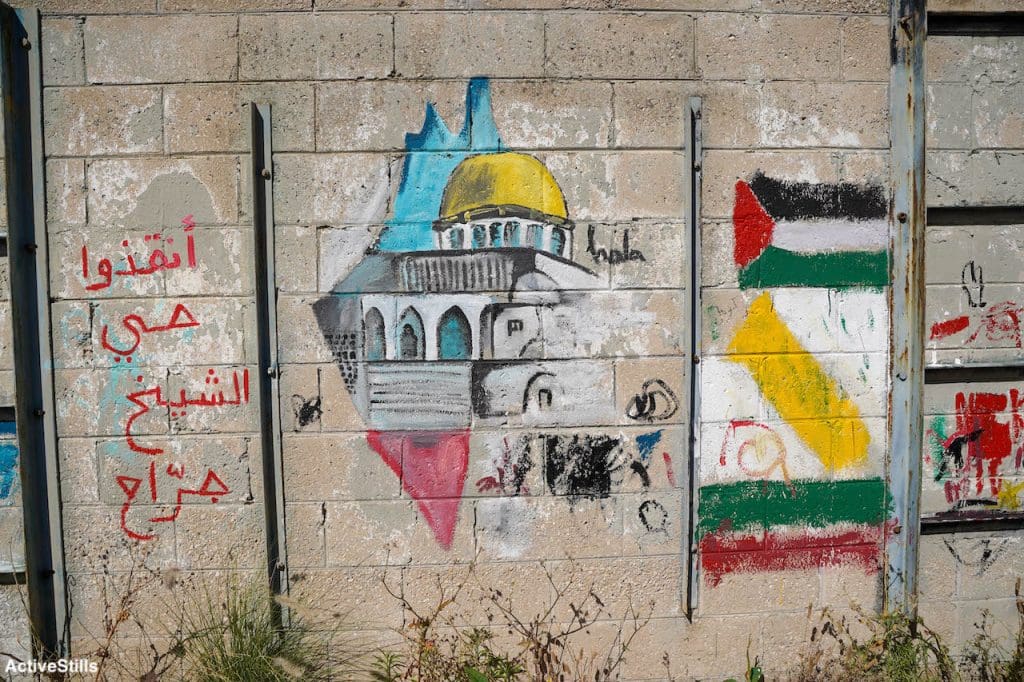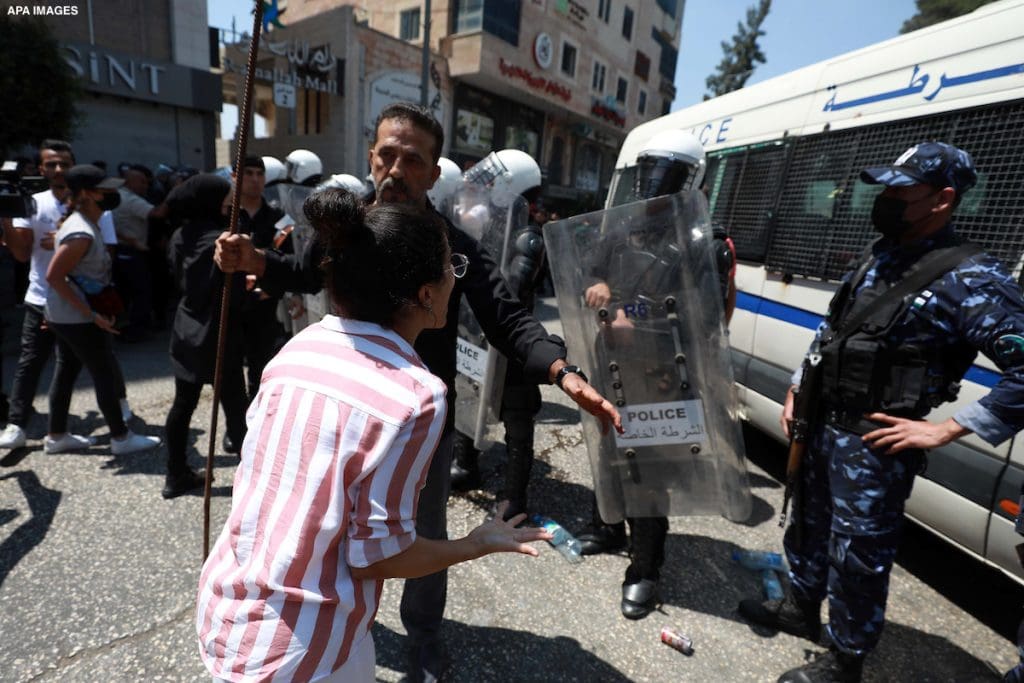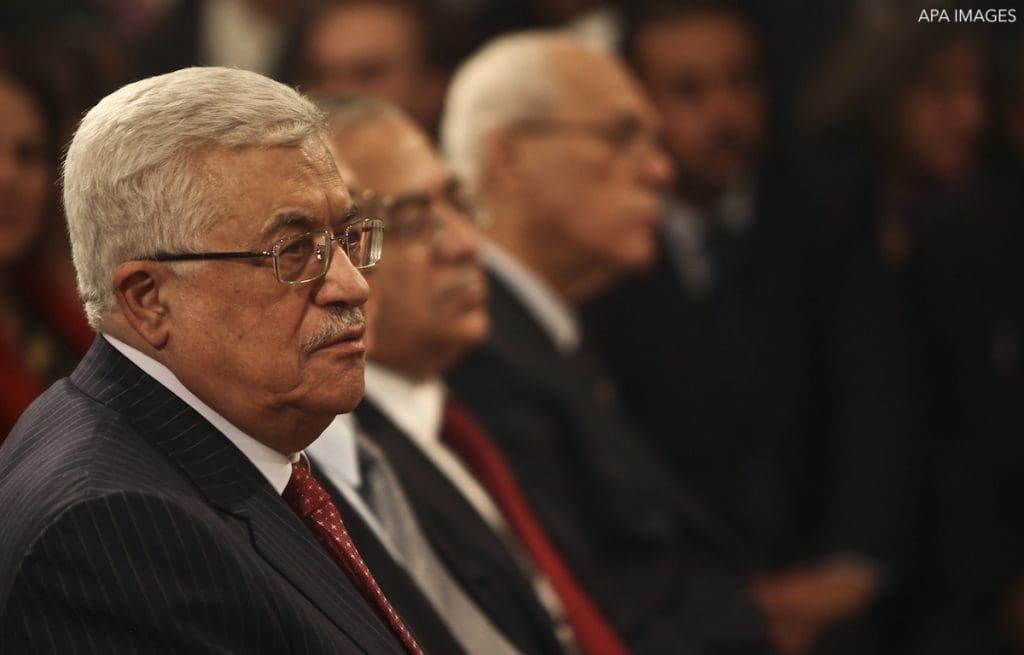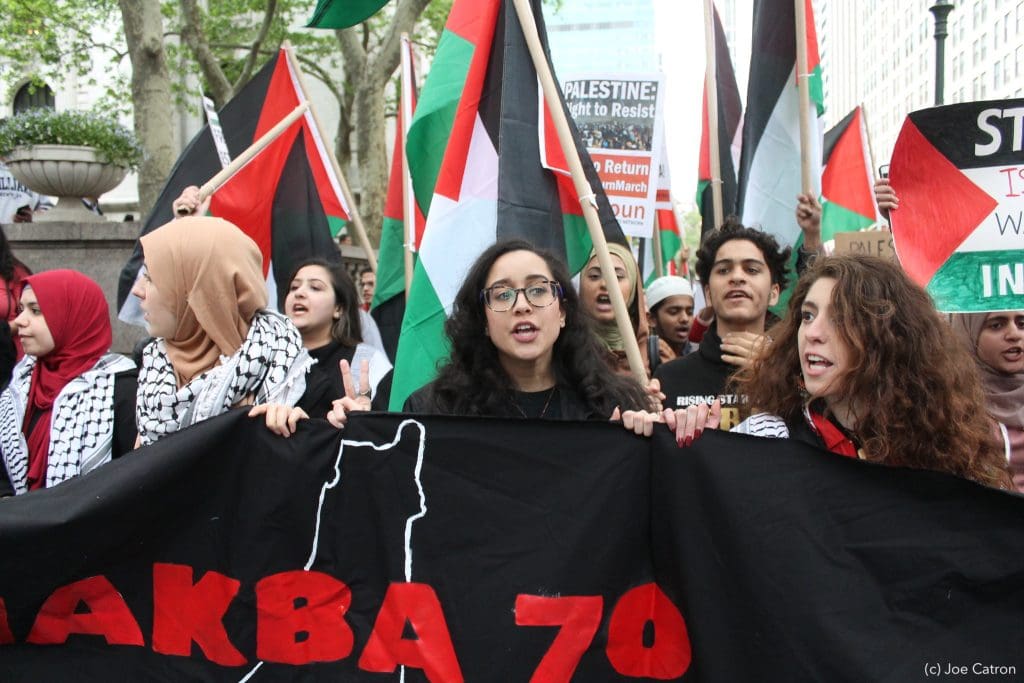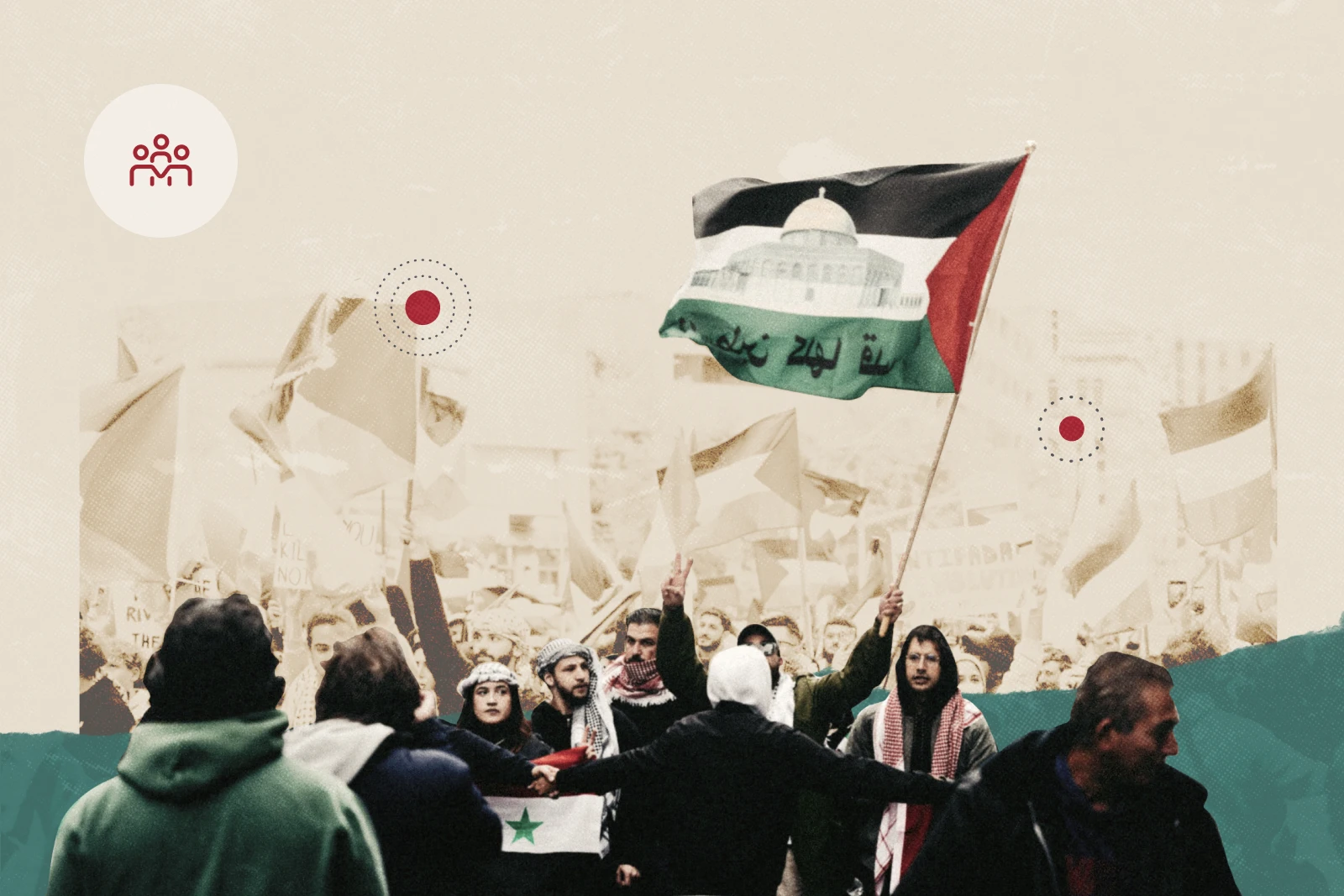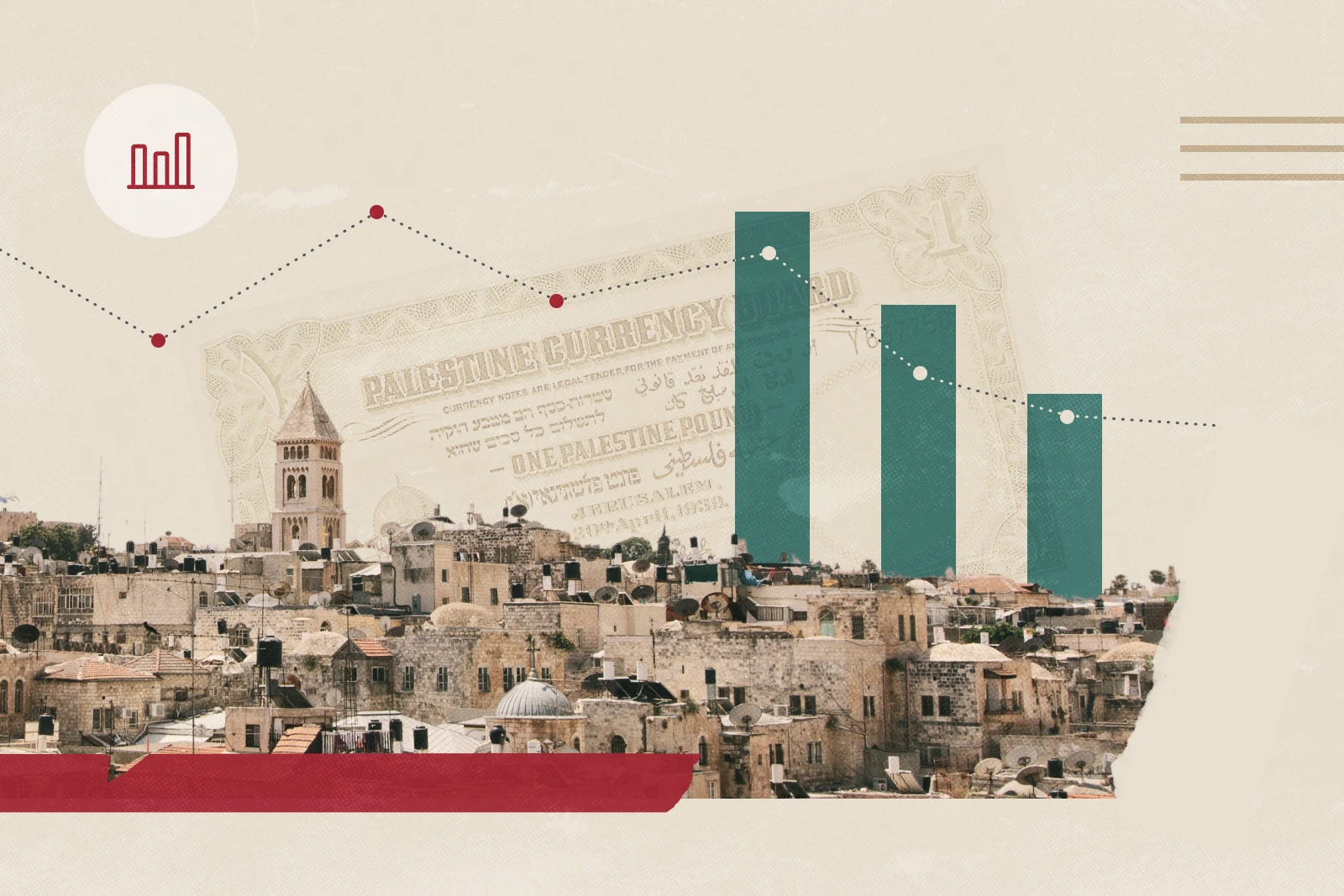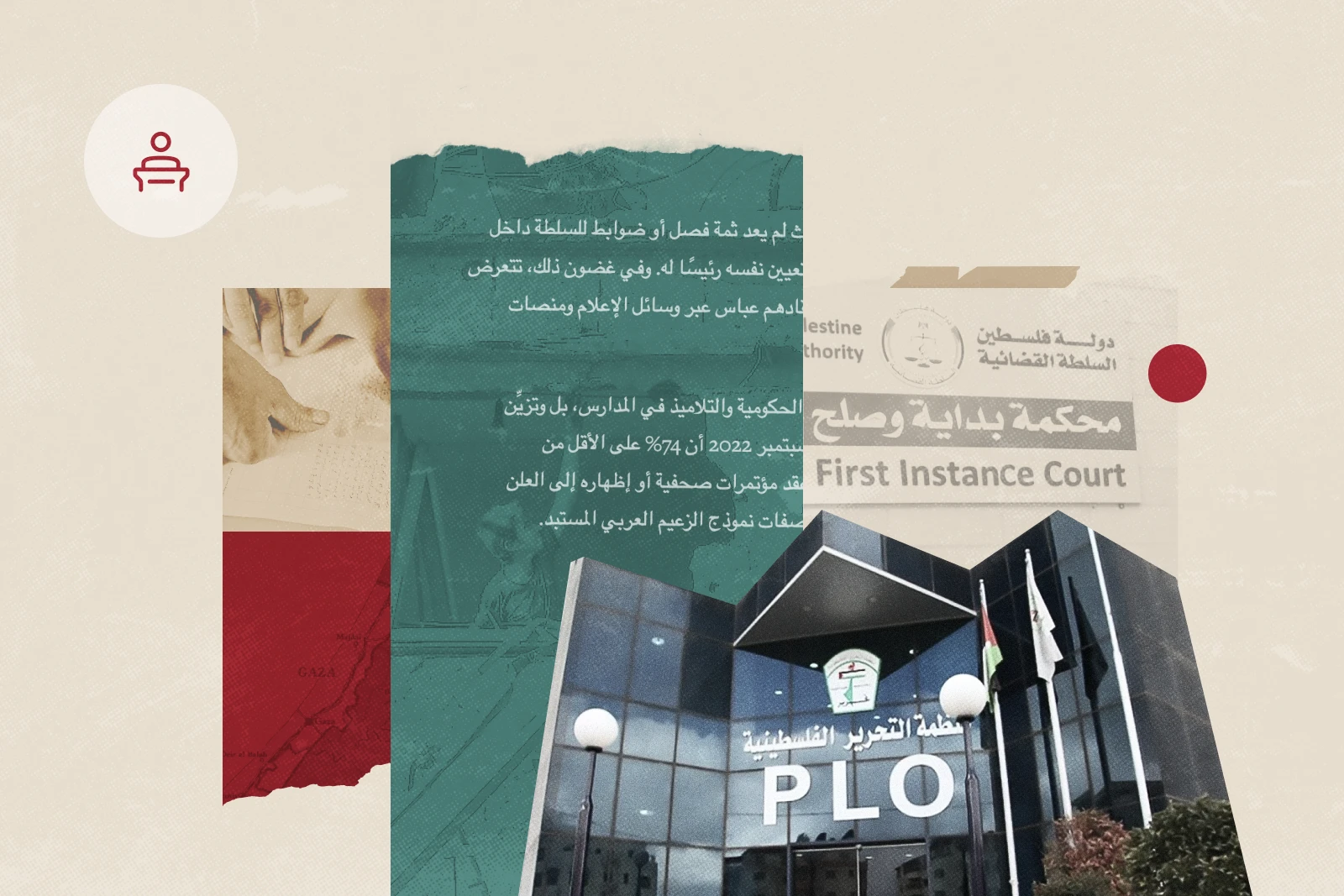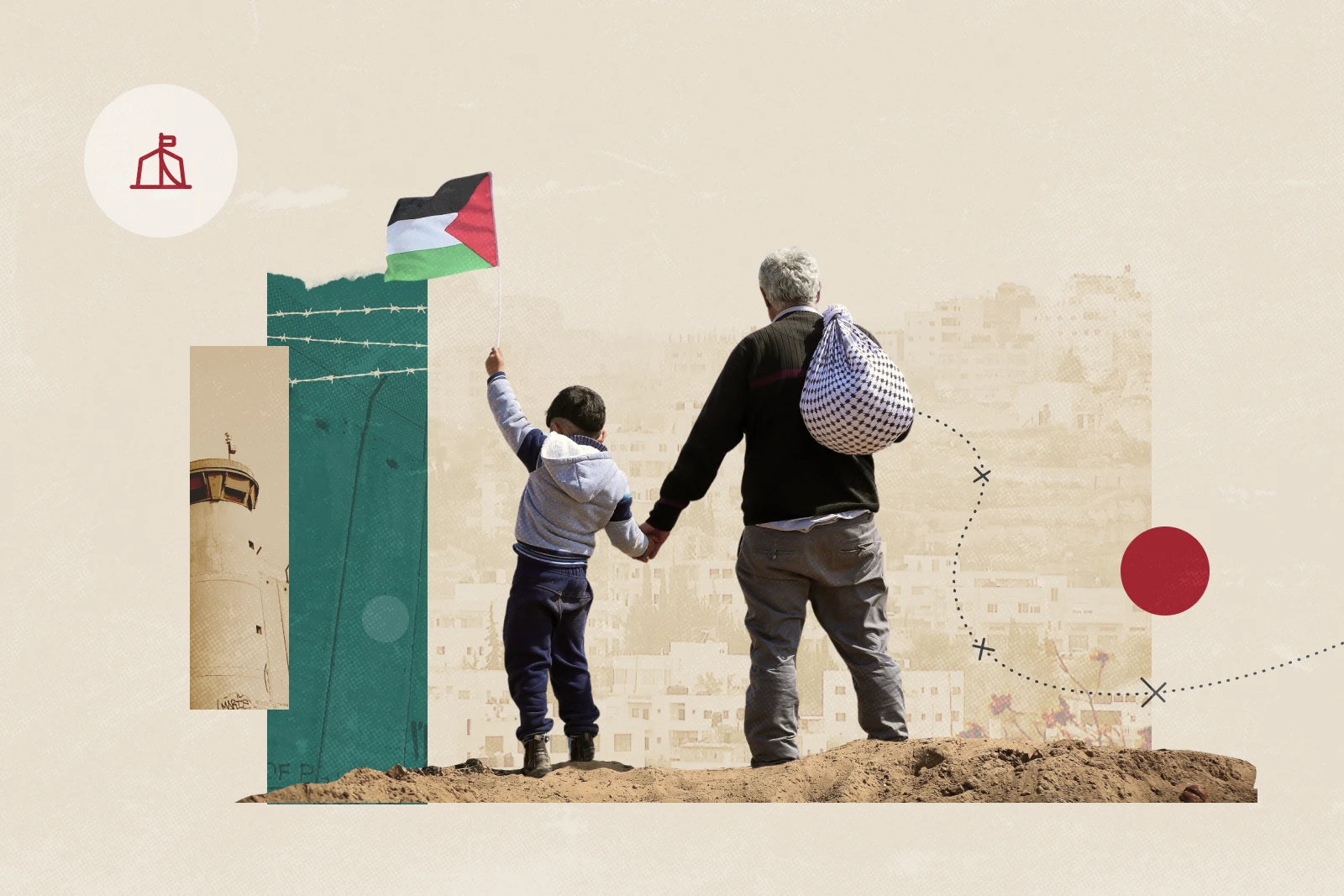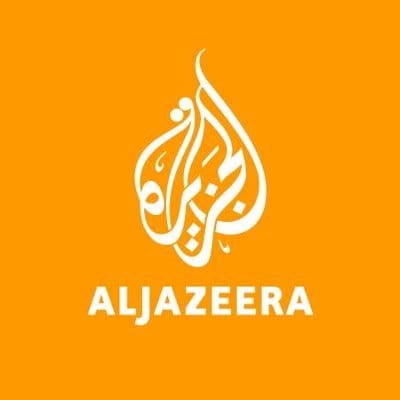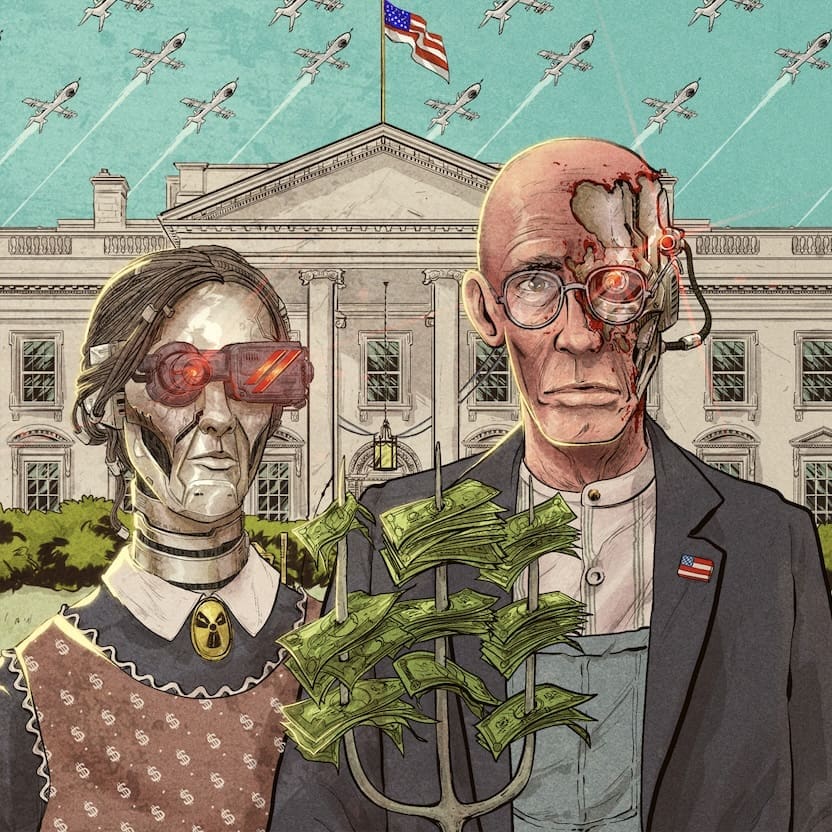typePolicy Focus
For two years, Israel has inflicted mass starvation, staggering death tolls, and relentless destruction on Gaza and its inhabitants. International efforts to recognize Israeli war crimes and halt the eradication of the Palestinian people continue to lag and fall short. On September 16, 2025, the UN Commission of Inquiry confirmed what Palestinians have identified since the outset: Israel is committing genocide. On September 29, US President Donald Trump unveiled a proposal that promises a ceasefire but subordinates Palestinians in Gaza to external governance, denies them self-determination, and entrenches Israeli control over the land. Framed as a peace initiative, the plan is in fact an attempt by the US to shield the Israeli regime from accountability, exemplifying Western complicity in the colonization of Palestine and the extermination of its people. In this context, Hamas’s agreement to release all Israeli captives signals its commitment to ending the ongoing violence, while simultaneously shifting the onus onto the Israeli regime and the Trump administration to clarify and operationalize their commitments to the ceasefire process.
This Focus On gathers Al-Shabaka’s analyses from the past year, offering urgent context to understand the genocide and its regional impact. It traces the Israeli regime’s expansionist campaign across Gaza, the West Bank, and the wider region, exposing Western complicity not only in enabling its crimes but also in protecting it from justice. At the same time, it highlights initiatives that resist Israeli impunity while advancing accountability and genuine liberation.

Al-Shabaka: The Palestinian Policy Network· Oct 7, 2025
As the US and its allies lead a sweeping assault on the global legal order to shield the Israeli regime from accountability for genocide, international outrage has sparked an extraordinary wave of pro-Palestine solidarity and organizing. Millions have taken to the streets in a broad-based protest movement that marks a profound shift in public consciousness. In addition, a growing surge of grassroots initiatives has solidified Palestine as a central pillar in the global struggle for justice.
Al-Shabaka’s latest Focus On explores how this solidarity is expanding and being reimagined globally. It highlights both the significant challenges facing the movement amid a vicious crackdown on pro-Palestine activism and the powerful, imaginative strategies that are emerging in resistance. Featuring insights from analysts across advocacy, academia, and policy, this collection examines how such solidarity can be sustained and transformed into a lasting political force.

Al-Shabaka: The Palestinian Policy Network· May 27, 2025
Since October 2023, Israeli forces have brutally murdered over 40,000 Palestinians in Gaza, injured 100,000, and displaced nearly all of the occupied area’s population. In that same time, the Israeli regime has embarked on the largest invasion of the West Bank since the Second Intifada, resulting in over 600 Palestinians killed and 10,900 detained. Israel has likewise expanded its genocidal assault into Lebanon, killing well over 1,000 people and displacing more than one million.
This Focus On highlights how Al-Shabaka has sought to respond to these developments over the past year. From grounding October 7th in the broader context of Israeli settler colonialism, to interrogating Israel's multifaceted war machine, to assessing rapidly evolving regional relations, this compilation of works represents Al-Shabaka's ongoing effort to articulate the Palestinian condition in real time.

Al-Shabaka: The Palestinian Policy Network· Oct 8, 2024
As the Israeli regime continues its genocidal campaign against Palestinians in Gaza, many have begun to weigh in on the future of Hamas and of Palestinian leadership more broadly once the bombardment ends. One of the dominant proposals is the revival of the Palestine Liberation Organization (PLO), with Hamas as a member party.
But revival of the PLO requires more than bringing Hamas into the fold, as the Fatah-controlled PA has effectively whittled down the PLO to a barren institution. What then, beyond inclusion, is needed in order to resuscitate the viability of the PLO? In an effort to strengthen the generative thinking around these questions, Al-Shabaka revisits a collection of its past works that sought to confront this very topic.
As much of the world struggles to make sense of the devastation across colonized Palestine since October 7th, Palestinians speaking out continue to be dehumanized and silenced in an effort to quash testimonies that challenge the dominant discourse.
To counter this strategy, Al-Shabaka has compiled a collection of its past works that may serve to ground readers in the wider context of this current moment. Together, these publications, webinars, and podcasts speak to the many layers that form the foundation of this point of rupture. They offer possibilities for new ways both to understand the past and present, as well as to envision a radically different future.

Al-Shabaka: The Palestinian Policy Network· Oct 24, 2023
In this Focus On, Al-Shabaka’s policy analysts imagine Palestinian political futures within the context of historical and ongoing realities. Among other topics, they revisit the history of popular committees and consensus-building efforts during the First Intifada to show how local Palestinian governance might be strengthened, and how we might rethink the meaning of self-determination from the grassroots. They consider how various aspects of Palestinian society, including health, education, and policing, could be transformed to help sustain a new political vision for liberation, and revive popular engagement in colonized Palestine and beyond. And they examine the different means through which Palestinians can utilize international legal avenues to strategize an effective anti-apartheid movement.
The arrival of new digital technologies over the past decade has had critical implications for Palestinian activism. On the one hand, these developments have reinvigorated the Palestinian cause. Indeed, social media platforms have facilitated new channels and modes of social organization, helping Palestinians counter their geographic fragmentation under Israeli apartheid.
Jerusalem continues to lie at the center of political developments in Israel’s ethnic cleansing of Palestinians, and in the shifting landscape of US and EU foreign policy toward Palestine and the Israeli regime.
Punctuated by the outbreak of the Unity Intifada in May 2021, the trajectory of Palestinian resistance is experiencing a watershed phase marked by new actors and themes. With the effective neutralization of the Palestinian Liberation Organization (PLO) since the 1993 Oslo Accords, the deepening geopolitical fragmentation of Palestinians across colonized Palestine and the world, and the global shift to cyberspace, new opportunities — and threats — to Palestinian resistance have emerged.




+
Sam Bahour,Rana Barakat,Mary Nazzal-Batayneh, + MoreOroub el-Abed,Nadia Hijab,Victor Kashkoush,Anis Kassim,Osamah Khalil,Mouin Rabbani,Jamil Hilal,Loubna Qutami,Haidar Eid,Yara Hawari,Nadim Nashif,Raya Naamneh,Omar Barghouti,Marwa Fatafta,Tariq Dana,Hatem Bazian,Noura Erakat,Alaa Tartir,Issam Younis,Nada Awad,Diana Buttu,Ingrid Jaradat Gassner· Aug 26, 2021
The Palestinian national movement is in an acute state of crisis, and the Palestinian political system and institutions are incapable of bringing the Palestinian people closer to realize their rights. The existing style of governance and models of leadership prove on a daily basis to be unfit for present and future Palestinian generations seeking equality, justice, and freedom above all.
How can the PLO maintain accountability as both a national liberation movement and governing body? How might Hamas and Islamic Jihad be integrated after decades of exclusion? What models of Palestinian youth leadership can be further developed?


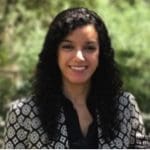
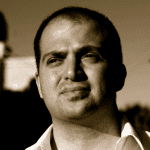
+
Media & Outreach
Fathi Nimer said it was unclear whether the interim constitution would be implemented or abided by. “Basic Law and the new interim constitution cover freedom of expression, protest and elections – but those have not been adhered to by the PA, which has been acting in negligence of Basic Law,” Mr Nimer said.

Fathi Nimer· Feb 11, 2026
“Swept under the rug with no consequences.” Despite condemnation of Israeli moves tightening its grip on the occupied West Bank, observers like Fathi Nimer say they don’t expect the countries stating their opposition to actually do anything.

Fathi Nimer· Feb 10, 2026
Derek and Danny are joined by Tariq Kenney-Shawa from Al-Shabaka for an update on conditions in Gaza and a discussion of Jared Kushner’s proposed “reconstruction” plan.

Tariq Kenney-Shawa· Feb 8, 2026
We’re building a network for liberation.
As the only global Palestinian think tank, we’re working hard to respond to rapid developments affecting Palestinians, while remaining committed to shedding light on issues that may otherwise be overlooked.







